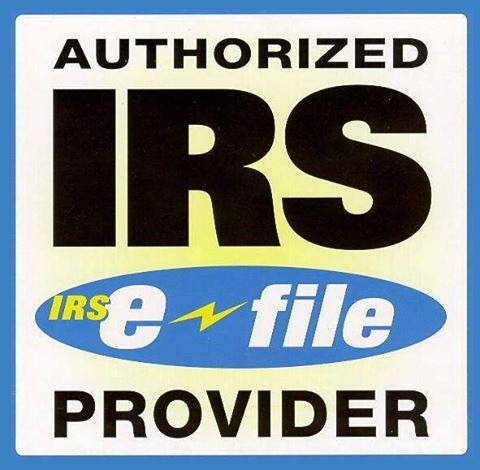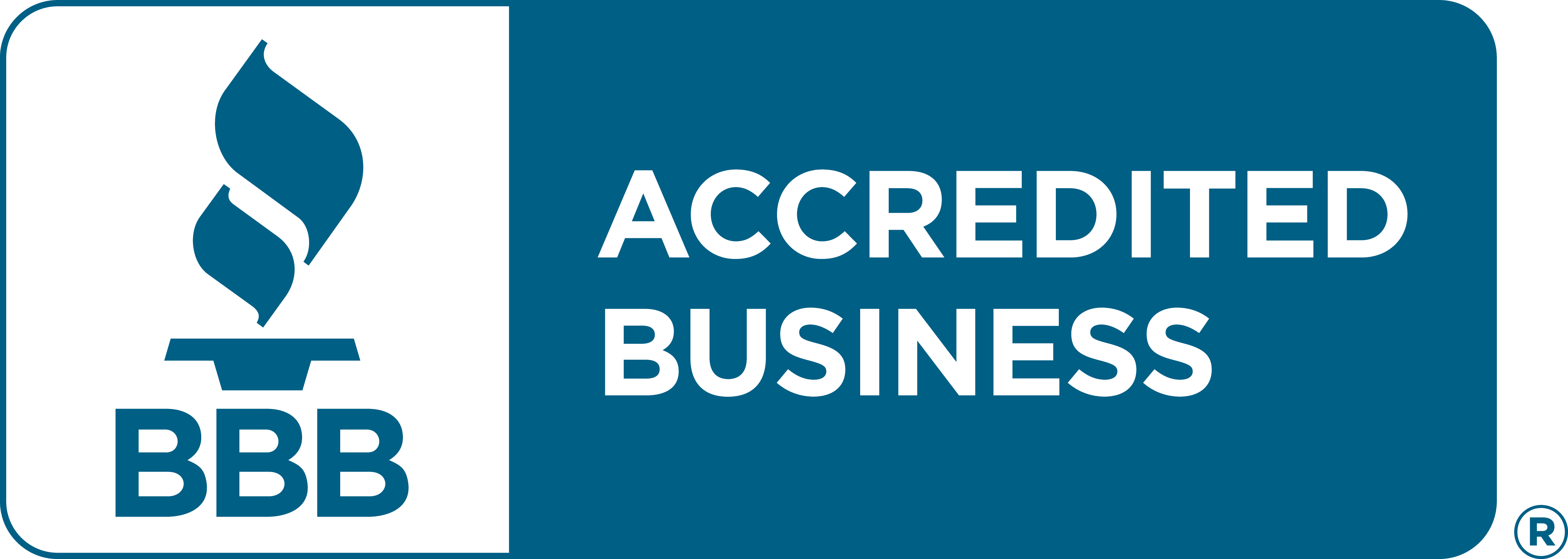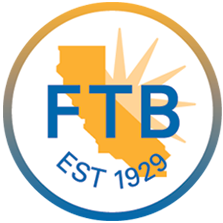Excise Tax Forms
Information Returns
Exempt Org. Forms
Extension Forms
Business Tax Forms
FinCEN BOIR
General
As an employer, filing Form 941 every quarter is a key part of staying compliant with IRS requirements. Whether you are a small business owner or managing payroll for a large team, timely and accurate filing helps you avoid penalties and ensures smooth tax operations.
This resource breaks down everything you need to know about Form 941 penalties, how they are calculated, and how to avoid them.
Table of Contents
What is Form 941?
Form 941, Employer’s Quarterly Federal Tax Return is used by employers to report the taxes withheld from the employee wages such as Federal Income Tax, social security Tax and Medicare taxes (FICA taxes) to the IRS.
File Form 941 Now with TaxZerone!
Don’t risk IRS penalties for late filing. Use TaxZerone - fast, secure, and IRS-authorized e-filing to submit your Form 941 today!
Form 941 Penalties
Businesses can face several penalties related to Form 941, especially if they miss a 941 deadline. These include:
- Late Filing Penalty
- Late Payment Penalty
- Failure to Deposit Penalty
- Accuracy Related Penalty
Late Filing Penalty
- This penalty applies if you fail to file Form 941 by its quarterly due dates: April 30 (Q1), July 31 (Q2), October 31 (Q3), or January 31 (Q4).
- Penalty Rate: 5% of the unpaid tax for each month or partial month until the return is late and goes up to a maximum of 25%.
Late Payment Penalty
This penalty applies when you file Form 941 on time but fail to pay the taxes owed by the due date.
1.Failure to pay amount shown as tax on your return:
- If you don’t pay the tax amount by the due date, a penalty of 0.5% of the unpaid tax is charged for each month or part of a month it remains unpaid and goes up to a maximum of 25% of the unpaid amount.
2.Failure to pay tax you didn’t report on your return:
- If the IRS finds unreported tax, they will send you a notice or letter that includes the amount of tax you owe and a due date to pay the taxes.
- If you owe less than $100,000, less than $100,000, you generally have 21 calendar days from the date the notice is sent to pay.
- If you owe $100,000 or more, you must pay within 10 business days from the date the notice is sent.
Failure to Deposit Penalty
- This penalty applies if you fail to deposit payroll taxes (withheld from employees) on time or through the proper method.
- Penalty calculation: It is calculated based on the amount of unpaid deposit and the number of days it is late after the due date.
| Number of days your deposit is late | Amount of the penalty |
|---|---|
| 1-5 calendar days | 2% of your unpaid deposit |
| 6-15 calendar days | 5% of your unpaid deposit |
| More than 15 calendar days | 10% of the unpaid deposit |
| More than 10 calendar days after the first IRS notice (ex: CP220 Notice) or the day you get a notice or letter for immediate payment (ex: CP504J Notice) | 15% of your unpaid deposit |
Accuracy Related Penalty
- This penalty applies when an employer underpays their tax due to negligence or errors in reporting.
- Penalty: A 20% penalty applies to the portion of the underpaid tax.
File Form 941 On Time with TaxZerone!
Don’t let a missed deadline cost you. File Form 941 quickly and accurately with our IRS-authorized e-filing service.
How to Avoid Penalties?
You can avoid penalties by following these:
- File on time: File your IRS Form 941 every quarter on time and accurately.
- Deposit taxes on time: Employers must deposit taxes according to the IRS deposit schedule — either monthly or semi-weekly. Late payments may lead to penalties and interest.
- Tax liability: Report your tax liability correctly to the IRS. Incorrect reporting can cause discrepancies that trigger IRS audits or notices.
- Valid checks: If paying your tax due by check, make sure the check is valid, properly signed, and has sufficient funds.
- Forms W-2: Employers must issue a copy B of Form W-2 to each employee by January 31.
- SSA (Social Security Administration): Employers must send Copy A of each W-2, and the W-3 form to the SSA by January 31.
What to Do If You Receive a Penalty Notice?
If you get an IRS notice (usually a CP504, CP276B, or CP207), here’s what to do:
- Read the Notice Carefully: Understand what the IRS is penalizing.
- Verify Your Filing and Deposits: Check your records.
- Contact the IRS Promptly: Don’t ignore it! Timely communication can help.
- Request Abatement if Applicable: File Form 843 to request penalty relief.
How to Request Penalty Abatement?
- Submit Form 843 to request abatement of assessed penalties or interest.
- If you receive a penalty notice, reply with an explanation and the IRS may waive penalties if you have reasonable cause.
Act Before It's Too Late — File Form 941
with TaxZerone!
Don’t let penalties put your business down. With TaxZerone, you can file Form 941 quickly, accurately, and securely.












